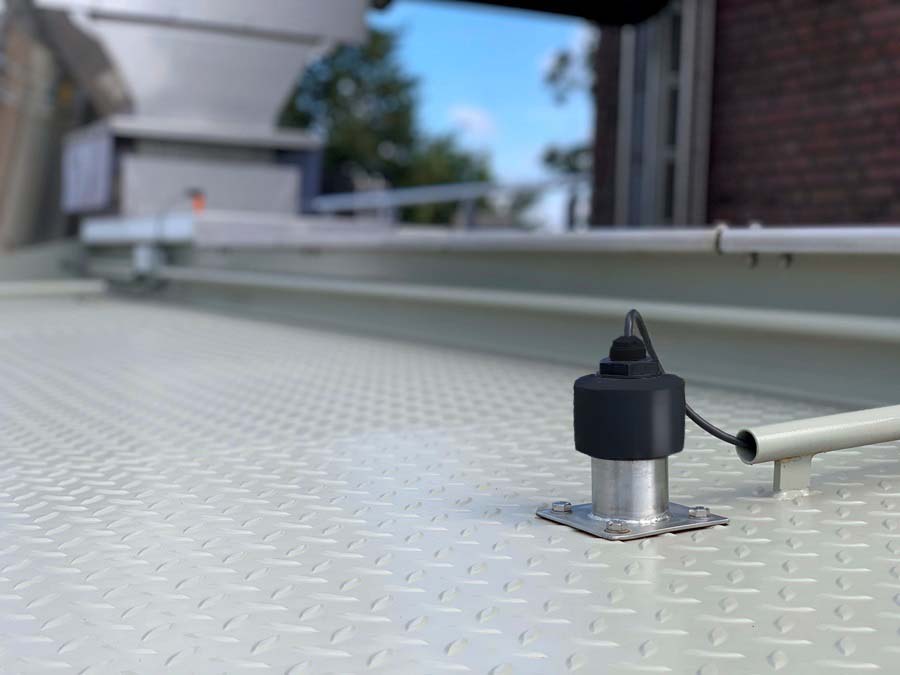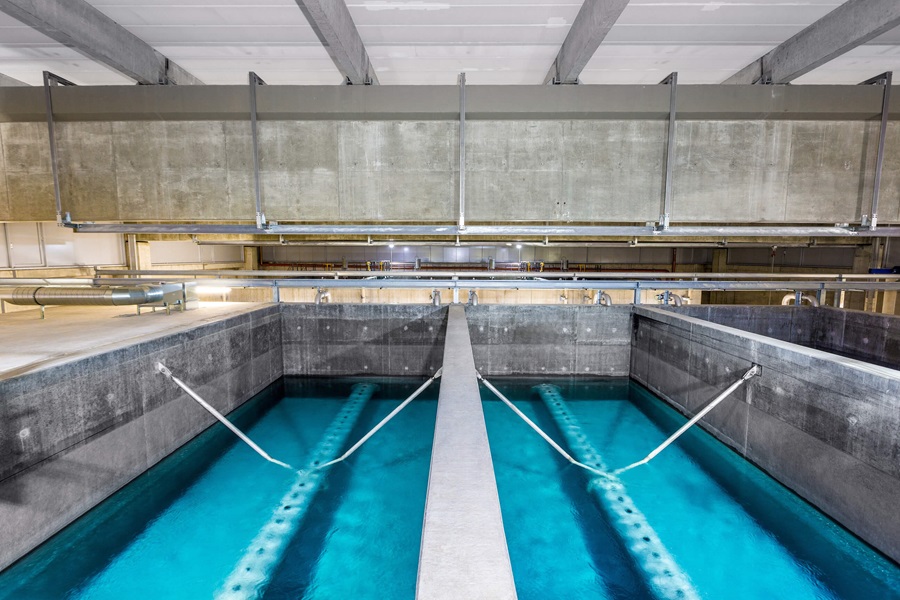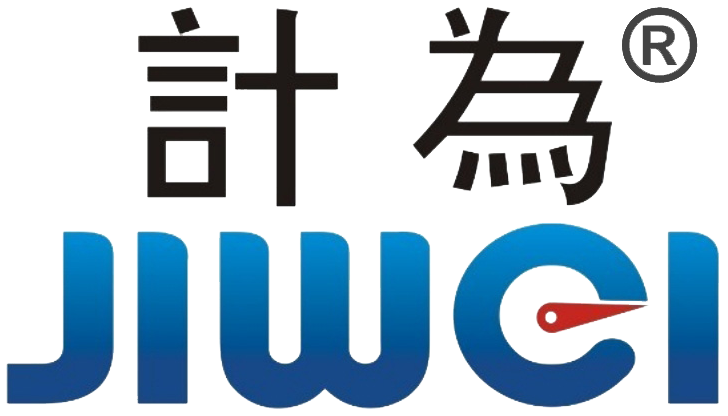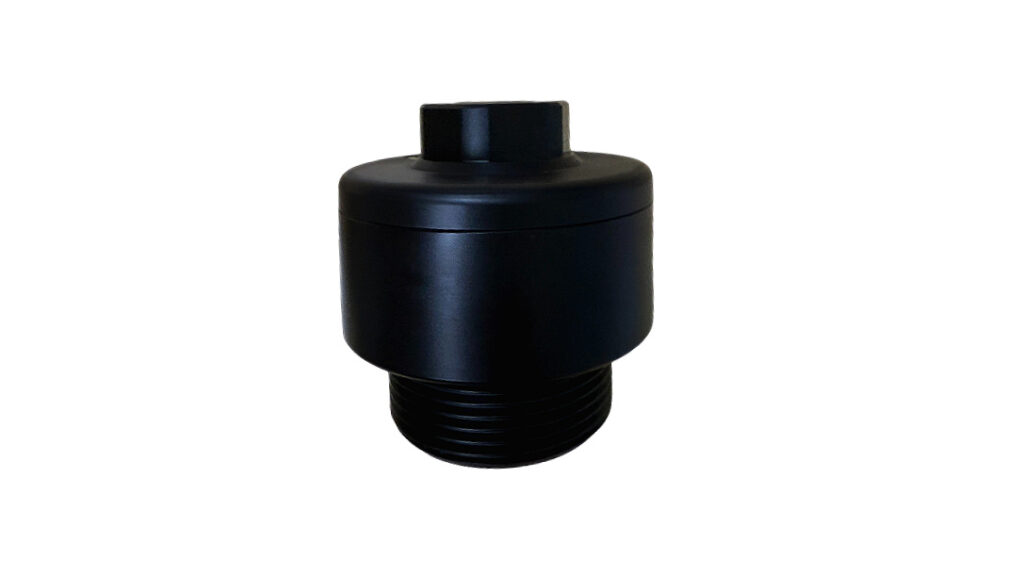Water Level Measurement: Radar Level Meters in Drinking Water Treatment
Introduction
Drinking water treatment is a critical process that demands precise, reliable, and hygienic monitoring to ensure operational efficiency, safety, and sustainability. From raw water extraction to treatment, storage, and distribution, accurate water level measurement plays a vital role in maintaining system integrity, preventing contamination, and ensuring regulatory compliance. Traditional measurement technologies, such as ultrasonic sensors or float switches, often struggle under harsh environmental conditions, including turbulence, foam, temperature variations, and suspended debris.
Jiwei economical radar level meters provide a modern solution to these challenges. Featuring high-frequency 80 GHz radar technology, proprietary adaptive echo-learning algorithms, and robust non-contact design, these sensors deliver consistent and maintenance-free performance across the entire water treatment process. Their advanced signal processing and anti-interference capabilities ensure precise monitoring even in challenging environments, making them ideal for municipal water facilities, desalination plants, and industrial water treatment applications.
Reliable Monitoring from Source to Storage
Jiwei radar level meters are deployed throughout drinking water systems, from raw water extraction wells and rivers to desalination plants and underground storage basins. The sensors’ non-contact design ensures that water remains free from contamination, which is critical for maintaining hygienic conditions.
The measuring cells and IP68-rated housings provide exceptional durability, enabling long-term operation in humid or wet environments. These sensors are resistant to condensation, temperature fluctuations, and corrosive conditions, ensuring stable measurements in both indoor and outdoor installations. Their high-frequency radar technology allows signals to penetrate through plastic, rubber, or composite tank materials, making them compatible with modern storage solutions such as IBC containers, modular reservoirs, and underground basins.

In practice, these sensors can provide accurate level measurements over long distances, enabling operators to monitor large tanks or reservoirs without the need for frequent maintenance. By reducing downtime and providing reliable readings, Jiwei radar level meters help water treatment facilities maintain optimal operational efficiency while minimizing operational risks.
Smart and Adaptive Measurement
One of the most important features of Jiwei radar level meters is the proprietary adaptive echo-learning algorithm. This technology allows the sensor to continuously analyze reflected radar signals and differentiate between the actual liquid surface and disturbances caused by foam, turbulence, or floating debris.
By learning the characteristics of the process environment, the radar can automatically compensate for interference, reducing false readings and ensuring precise water level monitoring. This capability is particularly valuable in water treatment processes, where turbulent flows, chemical dosing, and aeration systems can create challenging measurement conditions.
The adaptive algorithm also enables seamless integration with automated dosing and treatment systems. For example, when chemicals such as chlorine or coagulants are added to water, the sensors provide precise real-time feedback on water levels, allowing control systems to adjust dosing accurately. This not only ensures consistent water quality but also reduces chemical waste and operational costs.

Integration with Automation Systems
Jiwei radar level meters are designed for compatibility with modern automation platforms. By connecting to SCADA systems, PLCs, or dedicated controllers, the sensors provide continuous water level data for pump control, overflow prevention, and chemical dosing automation.
Real-time monitoring enables operators to respond quickly to fluctuations in water levels, preventing tank overflows or dry-run conditions in pumps. Combined with adaptive echo-learning, the radar system reduces false alarms and ensures operational safety under varying flow conditions and seasonal changes.
Furthermore, the sensors support remote data transmission and IoT connectivity, allowing water treatment operators to monitor levels from a central control room or even via cloud-based platforms. This integration enhances operational transparency, improves maintenance planning, and ensures compliance with regulatory requirements.

Advantages of Jiwei Radar Level Meters
- High-frequency 80 GHz radar technology: Ensures strong signal focus, high precision, and excellent anti-interference capability.
- Non-contact measurement: Prevents contamination and ensures hygienic operation.
- Compatibility with multiple tank materials: Works reliably with plastic, rubber, and composite containers.
- Adaptive echo-learning algorithm: Continuously learns and compensates for foam, turbulence, and interference.
- Automation-ready: Supports chemical dosing systems, pump control, and overflow prevention.
- Maintenance-free: Robust design reduces operational effort and increases system uptime.
- Long-range measurement: Capable of monitoring large tanks and reservoirs over extended distances.
Case Example: Underground Basin Level Control
At a municipal drinking water facility, Jiwei radar level meters monitor underground storage basins. Their non-contact operation ensures water remains free from contaminants. Integrated with the facility’s automated dosing system, the sensors provide precise chemical control, maintaining water quality while reducing chemical waste.
During periods of high flow or seasonal temperature variations, the adaptive echo-learning algorithm ensures accurate readings despite turbulence, foam, or minor surface disturbances. Real-time integration with control systems allows automated pump operation, overflow prevention, and chemical dosing optimization. As a result, the facility achieves continuous, reliable water level monitoring while minimizing operational costs and maintenance requirements.
Conclusion
Jiwei radar level meters offer a future-proof solution for drinking water treatment facilities. With high-frequency 80 GHz radar technology, non-contact measurement, adaptive echo-learning algorithms, and automation integration, these sensors deliver precise, safe, and maintenance-free water level monitoring.
By deploying Jiwei radar sensors, water treatment operators can ensure operational efficiency, comply with hygiene standards, reduce chemical and maintenance costs, and safeguard drinking water quality for consumers. Their advanced features make them an indispensable tool for modern water management systems, providing reliable performance across all stages of the water treatment process.

